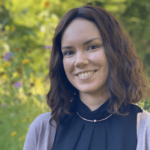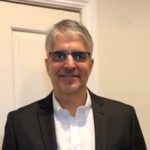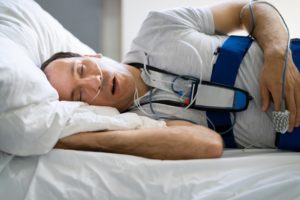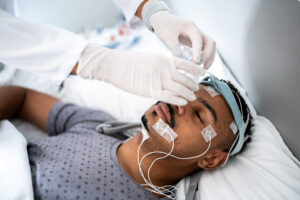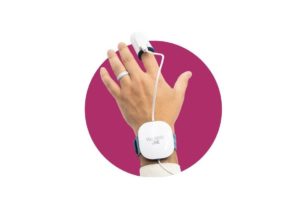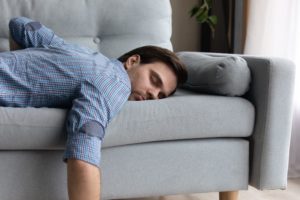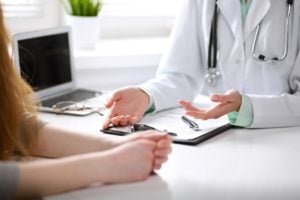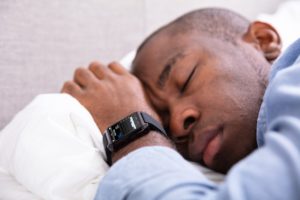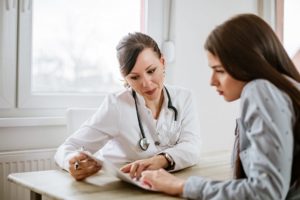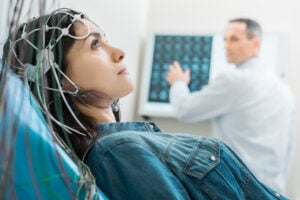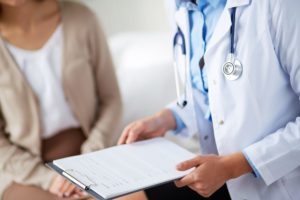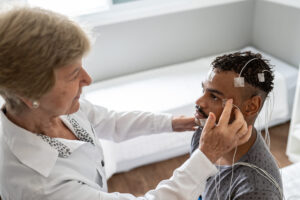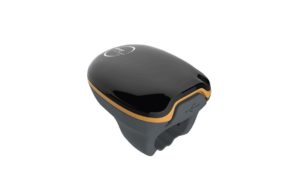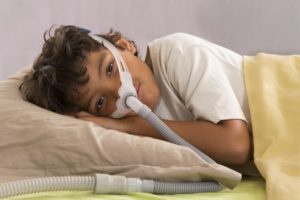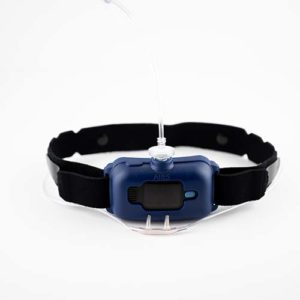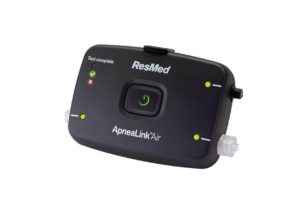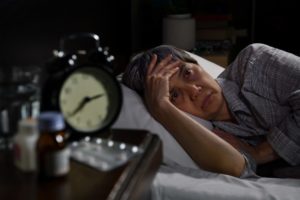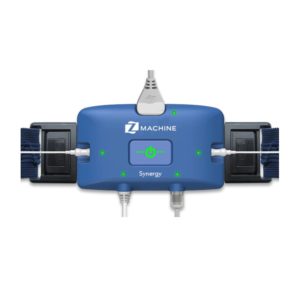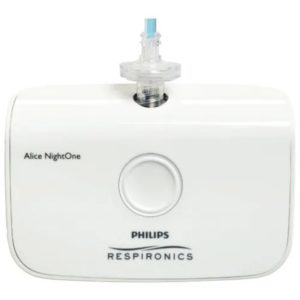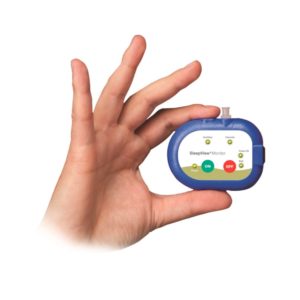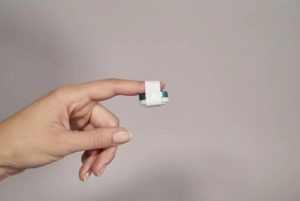How Does a Sleep Study Work?
Sleep disorders cause many troubling symptoms that can affect one’s mood, energy level, and overall health. Unfortunately, sleep disorders are notoriously underdiagnosed because they often develop gradually over time and have symptoms that are difficult to recognize.
Accurate diagnosis is necessary to enable effective treatment for sleep disorders. A sleep study provides valuable insight into the causes of a person’s symptoms including which, if any, sleep disorder is present. Sleep studies are also used in people diagnosed with sleep disorders to monitor their response to treatment.
What To Expect During a Sleep Study
When you visit a clinic for polysomnography , you will be assigned a room to yourself. Before bedtime, a technologist glues or tapes painless sensors to your head and body that will record information. If you need to use the bathroom, the technologist will detach the sensors and reattach them when you return.
You can read and relax in bed until it is time to go to sleep. The technologist will be on hand to monitor and record the results of your test and to assist you with any issues during the night. The sleep test ends when you wake up in the morning and have the sensors removed.
Multiple sleep latency testing is sometimes given the day after polysomnography. You will have sensors attached to you that collect data on your sleep patterns over the course of five scheduled nap periods, two hours apart. At the start of each nap period, the technologist will notify you that it is time for a nap, and you will relax and try to fall asleep.
In home sleep apnea tests, you will receive a device from your doctor and instructions on how to use it. Before bed, follow the instructions for attaching the sensors and turning on the device. Go to sleep at your usual bedtime. The device will collect data throughout the night until you wake up and remove the sensors in the morning.
Sleep Study Results
Regardless of the type of sleep study you have, results will be sent to your doctor for interpretation. Your doctor will contact you to discuss the findings of the sleep study and whether your results indicate that you have a sleep disorder.
How To Prepare for a Sleep Study
Taking steps before your sleep study can help you feel comfortable and facilitate more accurate results.
Before scheduling your sleep study:
- Speak with your doctor about medications you are taking. Certain medications can interfere with sleep study results, but don’t skip any medication doses without consulting a doctor first.
- If you are feeling anxious about a sleep study at a clinic, request a tour of the sleep clinic ahead of time. You can also ask about having someone accompany you to the set-up portion of your sleep study.
On the day of your sleep study:
- Follow your usual daily routine as much as you can.
- Avoid caffeine from the afternoon on.
- Don’t take a nap.
- If your sleep study is at a clinic, bring pajamas, a toothbrush and other toiletries, something to read, and clothes to change into the next day. You can also bring your own pillow.
What if I Can’t Sleep During a Sleep Study?
It is normal to sleep less than usual during polysomnography because of the sensors and the unfamiliar environment. This typically does not affect the results of your test, but let your doctor know if you have any concerns.

Can I Do a Sleep Study at Home?
Home sleep studies are currently only used to evaluate for obstructive sleep apnea (OSA). Home sleep apnea tests are less effective at detecting OSA than polysomnography, so the American Academy of Sleep Medicine (AASM) recommends that they only be used when moderate or severe OSA is suspected and when other health conditions are not present. The AASM also advises that diagnosis and treatment of sleep apnea should not be based solely on the results of an at-home sleep study.
However, home sleep apnea tests are more convenient, may be more affordable, and you may sleep better in your own bed than at a clinic. If your doctor recommends polysomnography to detect sleep apnea, you can ask whether a home study may be an appropriate alternative.

Still have questions? Ask our community!
Join our Sleep Care Community — a trusted hub of sleep health professionals, product specialists, and people just like you. Whether you need expert sleep advice for your insomnia or you’re searching for the perfect mattress, we’ve got you covered. Get personalized guidance from the experts who know sleep best.
References
4 Sources
-
Baran, A. S., & Chervin, R. D. (2009). Approach to the patient with sleep complaints. Seminars in Neurology, 29(4), 297–304.
https://pubmed.ncbi.nlm.nih.gov/19742407/ -
A.D.A.M. Medical Encyclopedia. (2020, January 29). Polysomnography. MedlinePlus.
https://medlineplus.gov/ency/article/003932.htm -
National Institute of Neurological Disorders and Stroke. (2020, September 30). Narcolepsy fact sheet.
https://www.ninds.nih.gov/Disorders/Patient-Caregiver-Education/fact-sheets/narcolepsy-fact-sheet -
Rosen, I. M., Kirsch, D. B., Carden, K. A., Malhotra, R. K., Ramar, K., Aurora, R. N., Kristo, D. A., Martin, J. L., Olson, E. J., Rosen, C. L., Rowley, J. A., Shelgikar, A. V., & American Academy of Sleep Medicine Board of Directors (2018). Clinical Use of a Home Sleep Apnea Test: An Updated American Academy of Sleep Medicine Position Statement. Journal of clinical sleep medicine : JCSM : official publication of the American Academy of Sleep Medicine, 14(12), 2075–2077.
https://pubmed.ncbi.nlm.nih.gov/30518456/
